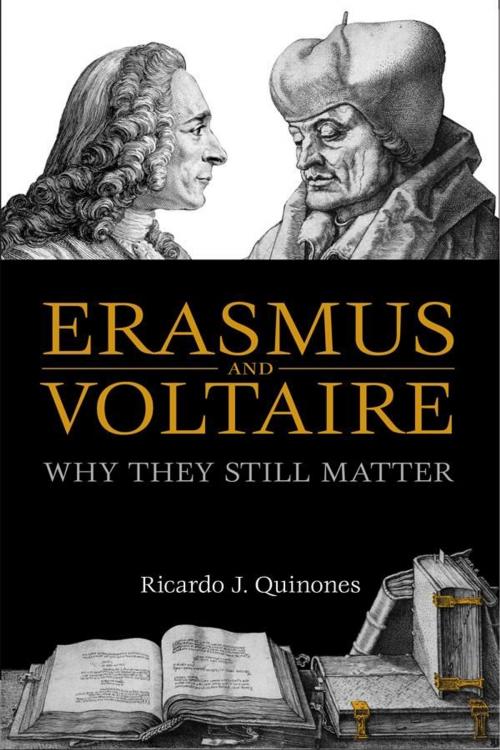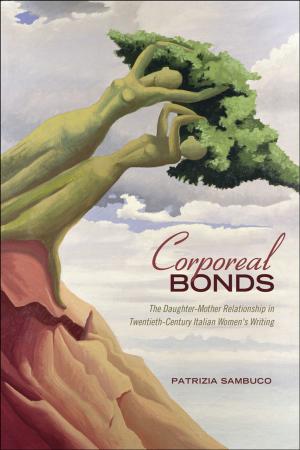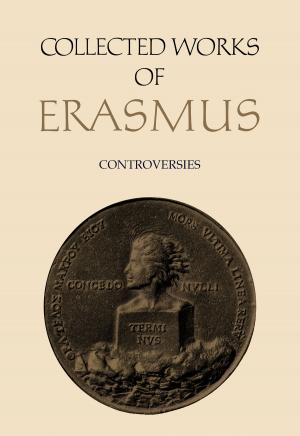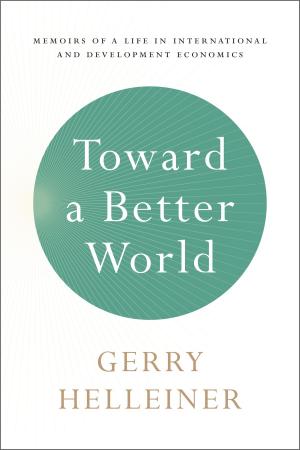Erasmus and Voltaire
Why They Still Matter
Fiction & Literature, Literary Theory & Criticism, Medieval, Nonfiction, Religion & Spirituality, Philosophy, Religious| Author: | Ricardo J. Quinones | ISBN: | 9781442698895 |
| Publisher: | University of Toronto Press, Scholarly Publishing Division | Publication: | January 30, 2010 |
| Imprint: | Language: | English |
| Author: | Ricardo J. Quinones |
| ISBN: | 9781442698895 |
| Publisher: | University of Toronto Press, Scholarly Publishing Division |
| Publication: | January 30, 2010 |
| Imprint: | |
| Language: | English |
Despite comparisons between Erasmus and Voltaire having become common-place in the course of the nineteenth century, this is the first full study to bring them together in their careers, their works, and their historic afterlives. Each was a force for change in his time and thus ranks among the masters of modern liberalism. Beginning with the continuities between the Renaissance and the Enlightenment, award-winning scholar Ricardo J. Quinones joins Erasmus and Voltaire as voices of moderation and reason that remain capable of addressing the philosophical crises of twentieth-century thought.
A companion piece to Dualisms, Quinones' 2007 book, Erasmus and Voltaire differs in method: where its predecessor looked to inveterate, unyielding differences, this new work looks to similarities. In delving beneath the obvious differences between these two intellectual giants, Quinones uncovers the great practical and spiritual vocations that unite them.
Despite comparisons between Erasmus and Voltaire having become common-place in the course of the nineteenth century, this is the first full study to bring them together in their careers, their works, and their historic afterlives. Each was a force for change in his time and thus ranks among the masters of modern liberalism. Beginning with the continuities between the Renaissance and the Enlightenment, award-winning scholar Ricardo J. Quinones joins Erasmus and Voltaire as voices of moderation and reason that remain capable of addressing the philosophical crises of twentieth-century thought.
A companion piece to Dualisms, Quinones' 2007 book, Erasmus and Voltaire differs in method: where its predecessor looked to inveterate, unyielding differences, this new work looks to similarities. In delving beneath the obvious differences between these two intellectual giants, Quinones uncovers the great practical and spiritual vocations that unite them.















